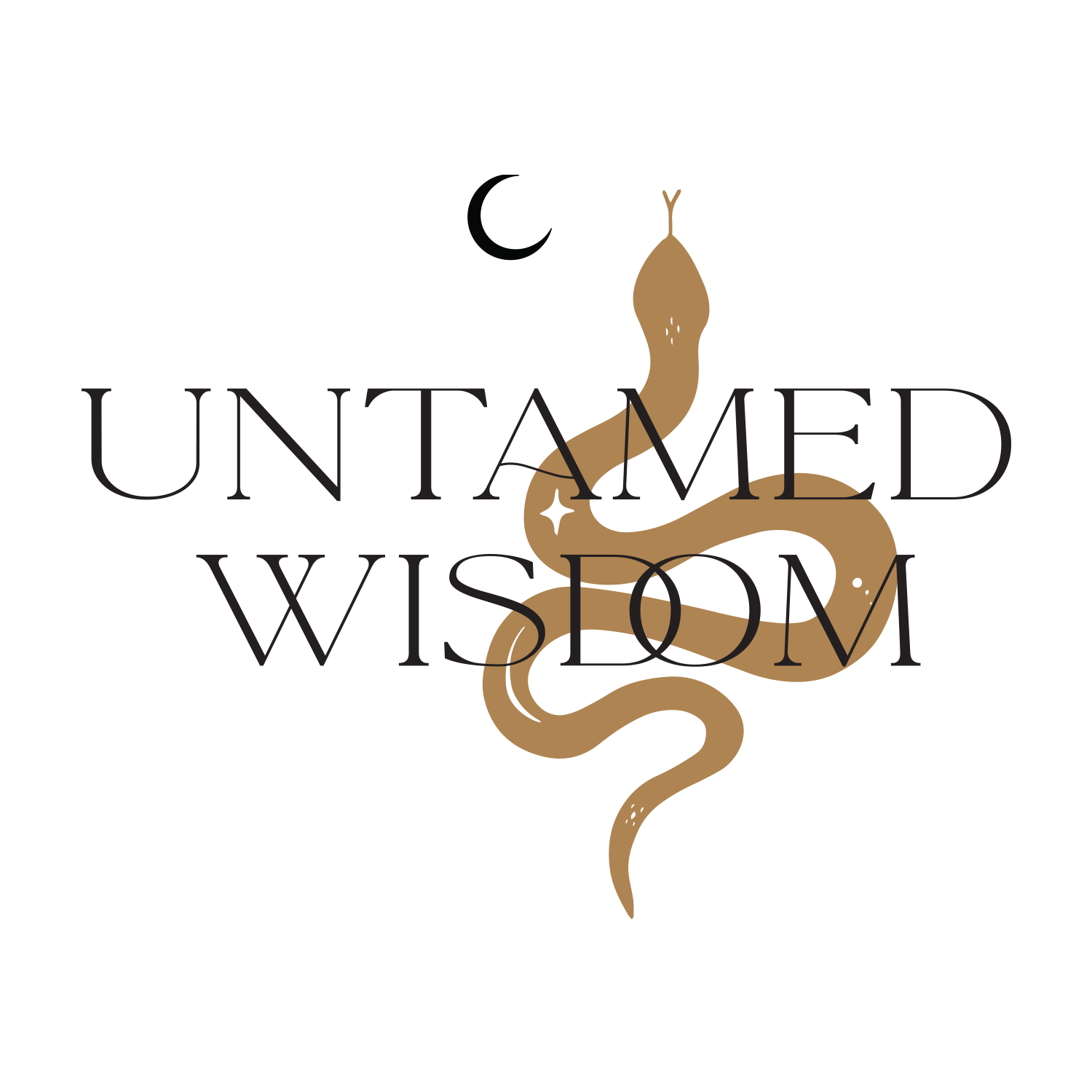Skillful Boundaries
Let’s talk a little about BOUNDARIES friends.
Supes good to have 😊 And also, can be quite nuanced. A person can apply boundaries like a sledge hammer or like a GPS (with lots of clarity and forewarning). At the end of the day the goal, if you will, is to not only maintain your safety and sovereignty, but to navigate and build relationships with more clarity, intimacy and ease.
This to say, just because you’re setting boundaries doesn’t mean you’re doing it skillfully or with the effect of enhancing your health, vitality and relationship wellbeing. Culturally I’m seeing people use strict, unskillful boundary setting as virtue signaling of emotional health and it’s getting under my skin. Appropriate boundaries are proactive, responsive and grounded in self-responsibility.
Boundaries require WORK. (Check out the Lioness downloadable workbook on Skillful Boundaries). They require listening to inner needs and also listening to those around you. Boundaries are personal, relational and conversational. I remember feeling shocked that it wasn’t enough to just set a boundary – that actually, I need to enforce and reinforce them. And, that I am responsible for making sure they aren’t arising from a shadow place in me (I didn’t know that was even possible at first!). This means setting clear expectations and following up when a boundary is breached. It also means respecting other’s boundaries! And noticing where the need for the boundary is arising in you. This takes continued effort and often requires LISTENING and sharing. (Huge to remember in these instances – speak to be understood (not win) and listen to understand (not defend)).
It’s not necessarily supposed to be: drop a boundary bomb and then expect things to be “complete” while you go to your fortress (potentially gloating that you’re so spiritually woke for setting a boundary) – job done, case closed. i.e. As long as I say the words “I’m setting a boundary” anything that follows is morally defensible and emotionally healthy so I don’t need to listen to anything the other person has to say. Again, there’s nuance, if you’re in an abusive situation dropping a boundary bomb and peacing out may be the best possible thing to do!!! In regular relationships though, it is not typically a skillful approach.
For many of us who didn’t learn healthy boundary setting as kids and experienced dysfunction in our homes, we often: a) have no boundaries and get walked all over, or b) set fortress type boundaries everywhere with everyone as a means of cutting off intimacy, or c) we vacillate between these two extremes.
I grew up being situationally c, and tend toward b as my default. Now though, mostly instead of having a solid brick wall built around me, or nothing at all, I think of healthy boundaries as wood and stone walls with gates and doors. There is the ability to shift and change as I meet each moment and experience. (Though, one of my not-so-skillful life adaptations is that I learned how to Ice Queen boundary you outta my life if you really hurt me and I’m low on capacity. It is an almost involuntary reaction to certain hurts - I will shut down and lock you out and you will feel the cold. It has taken so much time and work to be with this one and bring compassion and skill to navigating it.)
There are a few former friends/lovers for whom all the doors and gates are shut because they’ve shown me that they can’t be trusted with my body/emotions/money/time/etc. This is fine and appropriate, watch though if you have a lot of people or circumstances in this category. When you’re setting strict boundaries, it’s good to notice too if you are doing it as a means of cutting off intimacy (is this a pattern for you), or shutting down dialogue and/or as a power play. If a person hasn’t done something unforgivable and you’re not willing to be in conversation with them about your boundaries, take a look at why.
Conversely, if you’re feeling angry or resentful a lot it might be that you’re not setting boundaries at all, or you’re not doing it with clarity or enough follow-up.
Mostly, there is fluidity to my boundary setting. And I’m always still learning! It’s a dance of seeing who we are in relationship and when to move together and when to pull apart. Once a certain boundary is set, it doesn’t necessarily mean it has to stay that way forever. There is so much depth and nuance to this area of learning, influenced by many factors. Mostly, I wish people would stop oversimplifying it. To think that any time something happens which you don’t like, you should set an automatic fortress boundary without communication or care for relational being, is in my opinion, unskillful and unwise.
Boundary Resources:
Brene Brown
Pia Mellody’s book on codependence
Pixie Lighthorse – Boundary Book
A month with Lioness – digital download
